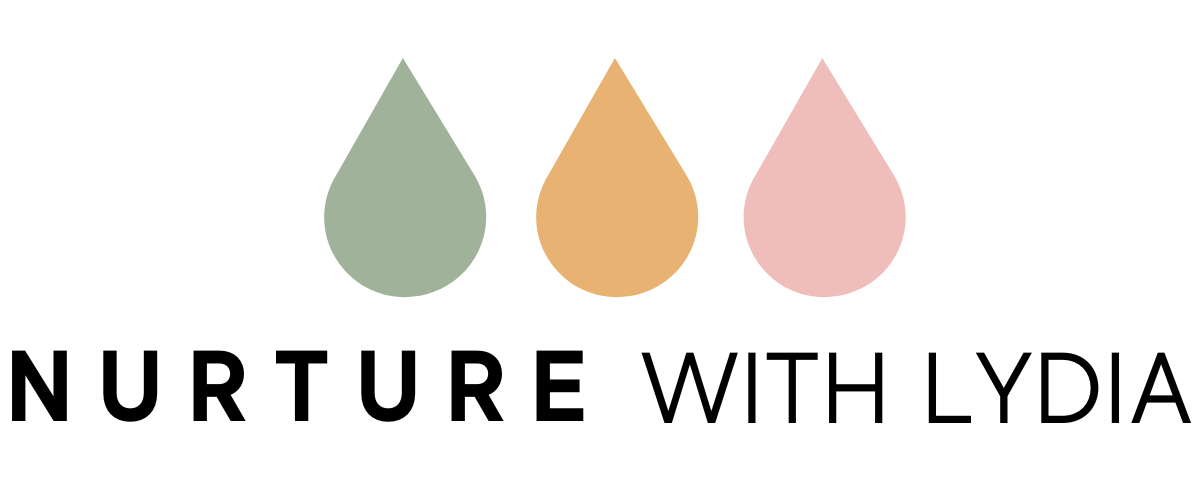Black Maternal Mental Health Week 2024: Interview with founder, Sandra Igwe
Today marks the start of Black Maternal Mental Health Week 2024. This week’s aims are to increase education, raise awareness and promote advocacy for Black women during the perinatal period. I caught up with the founder of this week, Sandra Igwe, about the importance of this week and the incredible work she does to support Black mothers in the UK.
Hi Sandra! Tell us a little bit about yourself.
I'm Sandra Igwe, founder of The Motherhood Group. I'm a Black mother, author, and passionate advocate for improving maternal health outcomes and experiences for Black women and mothers in the UK. My journey into motherhood opened my eyes to the significant disparities and challenges faced by Black mothers, which ultimately led me to create The Motherhood Group.
What inspired you to found The Motherhood Group?
My own experiences as a Black mother in the UK were the catalyst for founding The Motherhood Group. I felt isolated, unsupported, and often misunderstood by healthcare professionals during my pregnancy and postpartum period. I realised that many other Black women were facing similar challenges, and I wanted to create a safe, supportive community where we could share our experiences, access culturally sensitive resources, and advocate for better care.
What have been your proudest achievements since founding The Motherhood Group?
There have been many proud moments, but a few stand out:
1. Launching our peer support programme, which has helped hundreds of Black mothers feel less isolated and more empowered.
2. Partnering with NHS trusts to provide cultural competency training for healthcare professionals.
3. Successfully advocating for policy changes to address racial disparities in maternal care.
4. Seeing the growth of our community and the positive impact we've had on so many families.
5. Hosting the largest Black Maternal Health conference in the UK.
6. Being recognised by Vogue and Forbes for our advocacy work.
Why is Black Maternal Mental Health Week UK so important?
Black Maternal Mental Health Week UK is crucial because it shines a spotlight on the unique mental health challenges faced by Black mothers. In the UK, Black women are four times more likely to die during pregnancy and childbirth compared to white women. This disparity extends to mental health outcomes as well. By raising awareness, we can drive change in policy, practice, and societal attitudes to improve care and support for Black mothers.
What themes does BMMHW 2024 feature?
For BMMHW 2024, our overarching theme is "Transforming and Advancing Change." This theme underscores our commitment to driving meaningful progress. We've carefully chosen sub-themes that bring key areas to the forefront:
- Monday: "Why Black Maternal Mental Health Matters: Understanding the Disparities"
- Tuesday: "Breaking the Silence: Addressing Stigma and Barriers to Mental Health Support"
- Wednesday: "Birth Trauma and Pregnancy Loss: Acknowledging and Healing the Wounds"
- Thursday: "Black Child Mental Health Day: Nurturing the Next Generation"
- Friday: "Building Support Networks: The Power of Community and Allyship"
- Saturday: "Recap: Reflecting on the Journey"
- Sunday: "Moving Forward: Strategies for Systemic Change and Empowerment"
This comprehensive approach allows us to address the unique challenges Black mothers face, fostering better mental health outcomes and creating lasting change for Black mothers and their families.
What positive changes have you seen since founding BMMHW in 2021?
Since launching BMMHW, we've seen encouraging progress:
- Increased media coverage and public discourse around Black maternal health disparities
- More healthcare trusts implementing cultural competency training
- Growth in the number of peer support groups and resources specifically for Black mothers
- Greater recognition from policymakers about the need for targeted interventions
However, there's still much work to be done to achieve true equity in maternal care.
What are the most crucial changes you'd like to see, to improve the racial disparities in maternal care?
The key changes we're advocating for include:
1. Mandatory cultural competency training for all healthcare professionals involved in maternal care
2. Increased representation of Black midwives, obstetricians, and mental health professionals
3. Implementation of continuity of carer models that have been shown to improve outcomes for Black mothers
4. Better data collection and analysis to inform targeted interventions
5. Increased funding for community-based support programmes
What's next for you and The Motherhood Group?
We're continually expanding our reach and impact. In the coming year, we're focusing on:
- Expanding our digital resources to reach more mothers across the UK
- Creating more safe spaces for Black mums through partnership
- Collaborating with researchers to contribute to the evidence base on Black maternal health
- Continuing our policy advocacy work to drive systemic change
Where can Black mothers in the UK turn to for support?
For Black mothers seeking support, I would recommend:
1. Join a community like The Motherhood Group for peer support and resources
2. Seek out culturally sensitive healthcare providers and advocate for your needs
3. Don't hesitate to ask for mental health support if you need it
4. Involve your partner and family in your care journey
5. Remember that you're not alone, and it's okay to ask for help
As I've said before, "As a Black mother who understands the issues with perinatal mental health, I've seen the critical gaps in our system. The Motherhood Group recognises the importance of destigmatising mental health and empowering Black mothers to lead these conversations. We're bridging the divide between our community and healthcare providers, amplifying our voices, and driving real change."
Follow The Motherhood Group’s work on their website and Instagram:

